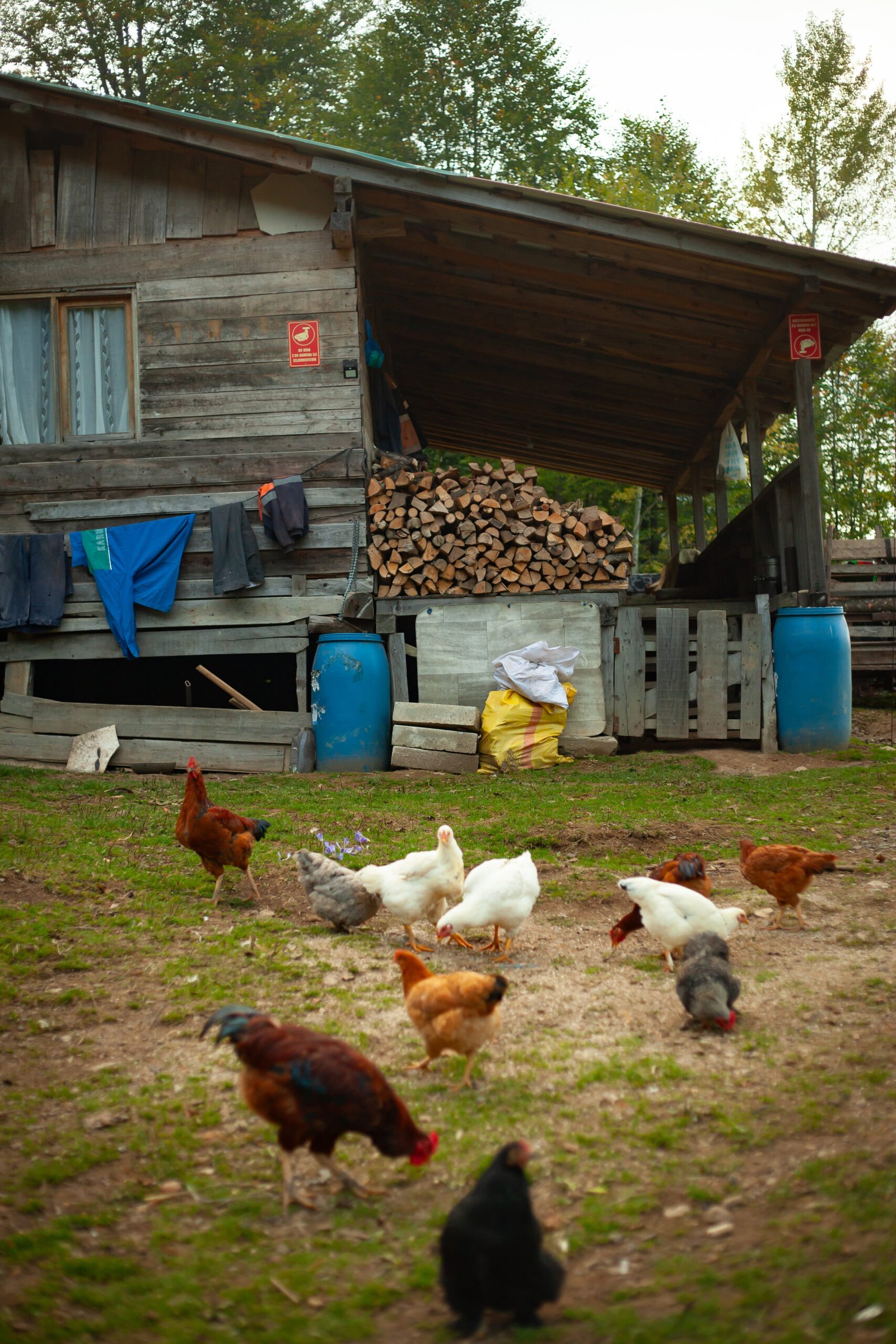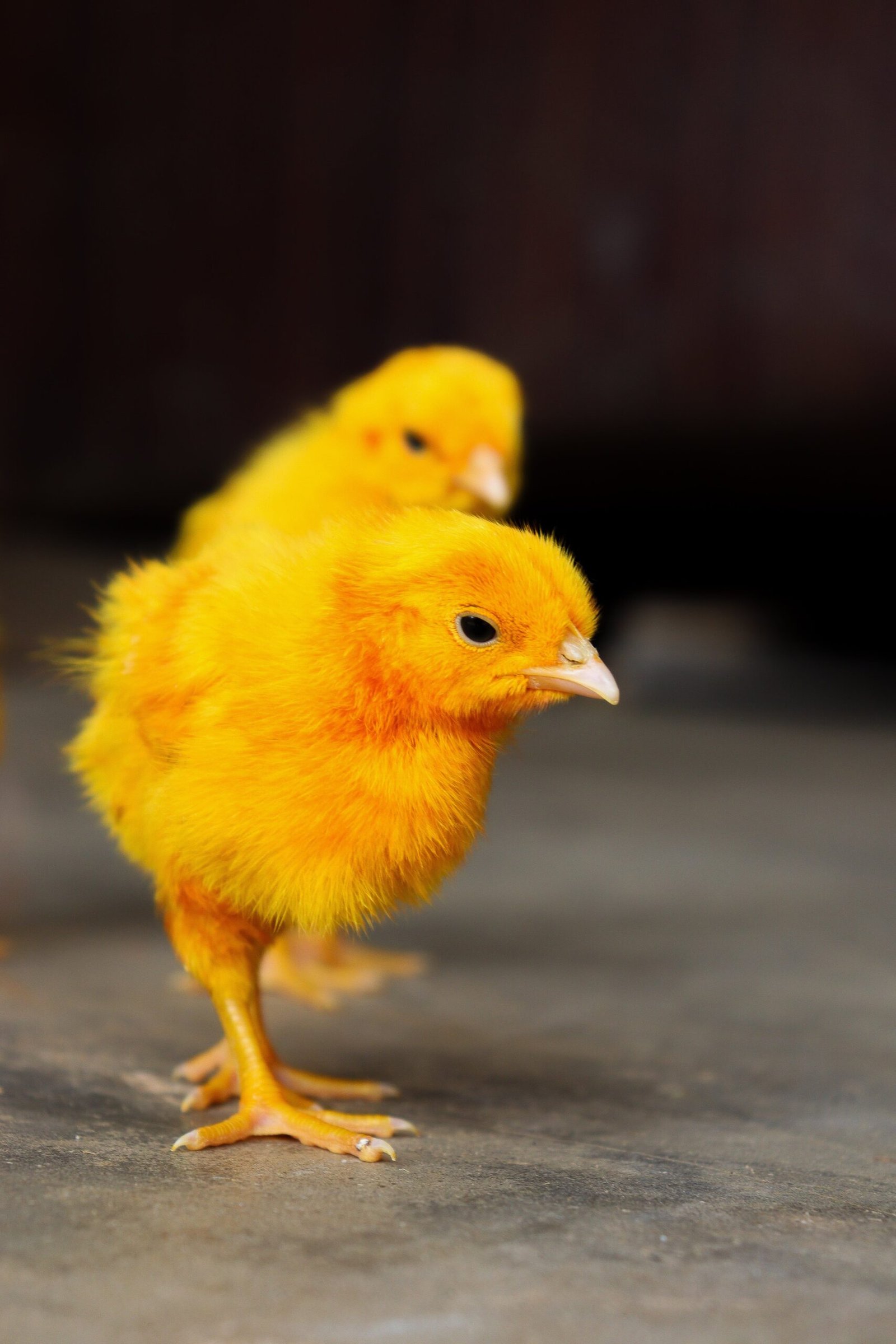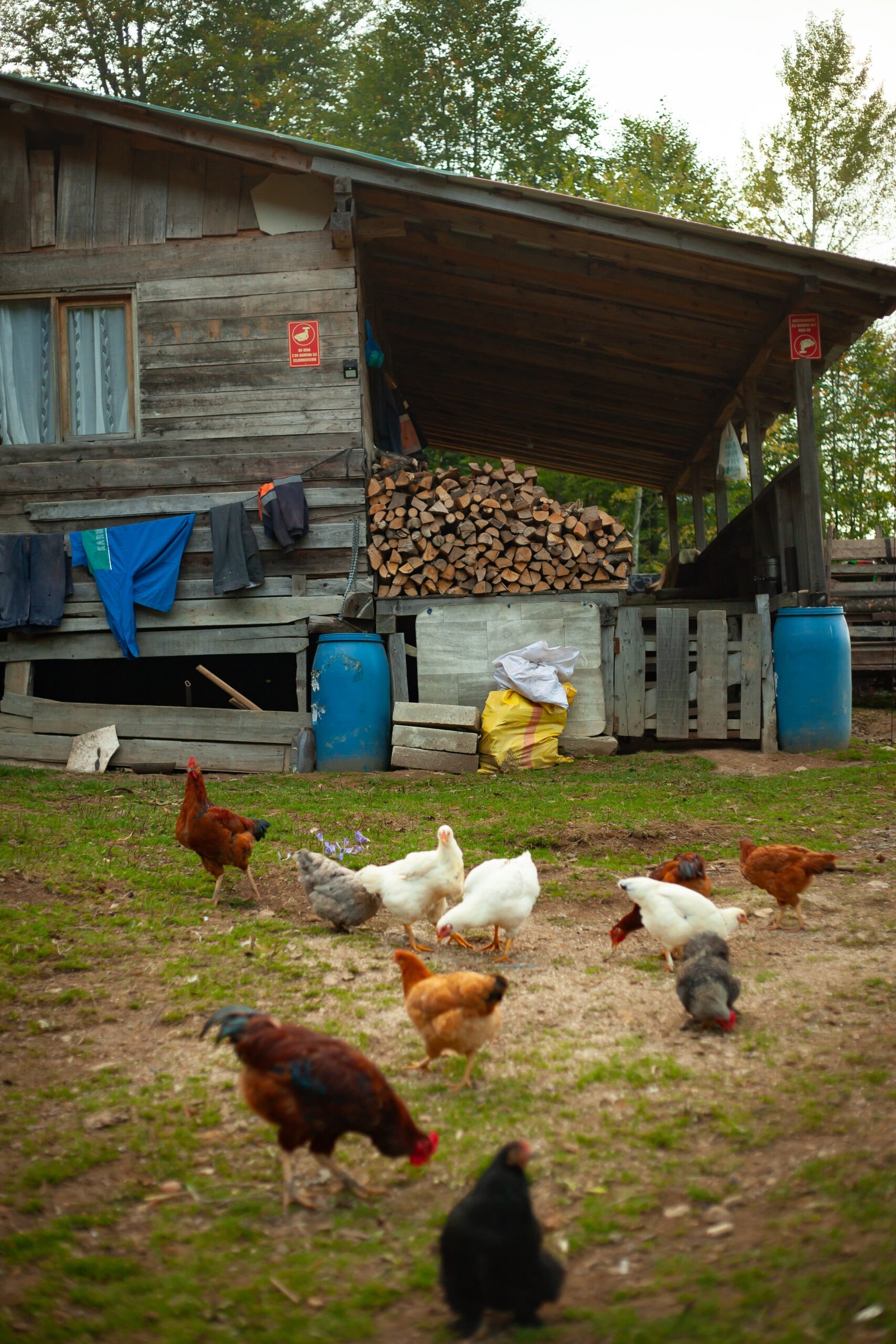
Have you ever wondered how to handle bullying or aggression among chickens? It can be quite a challenge when you notice your feathered friends being less friendly towards each other. Whether you’re a first-time chicken owner or a seasoned poultry enthusiast, this article will provide you with practical tips and strategies to address this issue in a friendly and effective manner. From creating a harmonious environment to implementing socialization techniques, you’ll discover how to promote peace and serenity among your flock. So, let’s put on our chicken-whispering hats and embark on this journey to create a peaceful coexistence among our clucking companions.

Understanding the Causes of Bullying or Aggression Among Chickens
Chickens, like any other social animals, can sometimes exhibit bullying or aggressive behavior towards their flock members. Understanding the causes behind these behaviors is crucial in order to effectively address and prevent them.
Environmental Factors
One of the main factors that can contribute to bullying or aggression among chickens is the environment in which they are kept. Overcrowding, inadequate space, or a lack of resources can create a stressful and competitive atmosphere, leading to increased aggression.
Hierarchy and Dominance
Chickens have a natural pecking order or social hierarchy within their flock. Established hierarchies help maintain peace and order among the members. However, when establishing dominance becomes excessive or disruptive, it can lead to bullying or aggression.
Lack of Stimulation
Chickens are curious animals that require mental and physical stimulation to thrive. Boredom or a lack of opportunities for exploration and interaction can result in aggressive behavior as a means of releasing pent-up energy.
Recognizing Signs of Bullying or Aggression
It is important for chicken keepers to be able to identify the signs of bullying or aggression within their flock. By recognizing these signs early on, appropriate action can be taken to address the issue.
Feather Pecking and Plucking
Feather pecking and plucking is a common sign of aggression among chickens. This behavior involves one chicken repeatedly targeting and pulling out feathers from another chicken. If left unaddressed, it can escalate and lead to serious injuries.
Prolonged Chasing or Cornering
Another sign of bullying is the extended chasing or cornering of a specific chicken by one or more flock members. This behavior can be distressing for the targeted chicken, causing stress and potential physical harm.
Excessive Aggression
If you notice excessive aggression such as constant fighting, attacking, or pecking, it is a clear indicator of an underlying issue within the flock. This level of aggression can be dangerous and must be addressed promptly.

Preventive Measures to Minimize Bullying or Aggression
Taking preventive measures can go a long way in minimizing bullying or aggression among chickens. By creating a suitable environment and providing the necessary resources, the likelihood of such behaviors can be greatly reduced.
Provide Adequate Space
One of the most important factors in preventing aggression is providing chickens with enough space. Overcrowding can lead to heightened stress levels and increased competition for resources, which can trigger aggressive behavior. Aim to provide a minimum of 4 square feet of space per chicken in the coop and a larger outdoor area for free-ranging.
Ensure Sufficient Resources
Make sure your chickens have access to an ample supply of food, water, nesting boxes, and perches. Insufficient resources can create a sense of scarcity, leading to increased tension and aggression among flock members. Monitor the availability of resources and ensure that all chickens have equal access.
Keep an Eye on the Brooding Period
The brooding period, when young chicks are transitioning from the brooder to the coop, can be a particularly sensitive time for potential aggression. Newly introduced chicks may face aggression from older flock members. Monitor their interactions closely during this time and provide separate spaces if necessary.
Creating a Positive Environment for Chickens
Promoting a positive and harmonious environment is essential for preventing bullying or aggression among chickens. Implementing strategies that encourage healthy social interactions and minimize stress can help maintain a balanced flock dynamic.
Promote a Balanced Social Hierarchy
Encouraging the establishment of a balanced social hierarchy within the flock can help reduce aggression. Introduce new birds gradually and give them time to establish their position in the pecking order. It is normal for some initial scuffles to occur, but excessive aggression should be addressed.
Introduce New Birds Gradually
When introducing new chickens into an established flock, it is important to do so gradually. This allows the birds to become familiar with each other and reduces the likelihood of aggression. Separate them initially with a physical barrier and gradually allow supervised interactions before full integration.
Avoid Overcrowding
As mentioned earlier, overcrowding can contribute to aggression among chickens. Avoid keeping too many birds in a confined space and ensure that there is enough room for each chicken to move comfortably. A spacious environment promotes better mental and physical well-being.

Implementing Behavior Modification Techniques
If individual chickens continue to exhibit excessive aggression or bullying behavior, behavior modification techniques can be employed to address the issue.
Separating Aggressive Individuals
In cases where one or more chickens consistently display aggressive behavior, it may be necessary to separate them from the flock temporarily. This separation gives them a chance to calm down and prevents further harm to other flock members.
Using Anti-Peck Products
Anti-peck products such as spray deterrents or foul-tasting ointments can be used to discourage feather pecking and bullying behavior. These products create an unpleasant taste or smell when chickens attempt to peck each other, deterring further aggression.
Applying Distractors
Distractors, such as hanging treats or toys, can help redirect aggressive behaviors by providing a positive outlet for energy and curiosity. Offering environmental enrichment distracts the chickens from engaging in negative behaviors and promotes a healthier flock dynamic.
Addressing Feather Pecking and Cannibalism
Feather pecking and cannibalism can be alarming behaviors that require immediate attention. Here are some strategies to address and prevent these issues.
Beak Trimming
Beak trimming involves the removal of the sharp tip of the beak to reduce the severity of injuries caused by feather pecking. This practice should be carried out by a trained professional to ensure the well-being of the chickens.
Use of Anti-Pecking Sprays or Ointments
Anti-pecking sprays or ointments can be applied directly to the feathers or skin to discourage pecking and plucking. These products have a bitter taste or unpleasant smell, deterring chickens from engaging in aggressive behaviors.
Provide Distractions or Pecking Blocks
Supplying chickens with distractions, such as pecking blocks or hanging objects, can redirect their attention away from feather pecking. These distractions help fulfill their natural pecking instinct and reduce the likelihood of them targeting other flock members.
Dealing with Injuries and Wounds
In the unfortunate event that bullying or aggression results in injuries or wounds, prompt and proper care is essential to facilitate healing and prevent infections.
Isolate Injured Chickens
If a chicken gets injured due to bullying or aggression, it is important to isolate them from the rest of the flock. This prevents further harm and allows the injured chicken to rest and recover in a peaceful environment.
Apply Veterinarian Approved Wound Management Techniques
Consulting with a veterinarian or poultry expert is crucial when dealing with injuries. They can provide guidance on proper wound cleaning and management to prevent infections and promote healing.
Monitor for Infections
Keep a close eye on wounded chickens for signs of infection, such as swelling, redness, or discharge. Immediate veterinary attention may be necessary if an infection is suspected to prevent further complications.
Considering the Role of Genetics in Aggression
Genetics play a role in determining chicken behavior, including aggression levels. Understanding and selectively breeding for calm temperament can help alleviate aggression-related issues.
Selecting Breeds with a Calm Temperament
When choosing chicken breeds, opt for those known for their calm and docile temperament. Different breeds have varying predispositions to aggression, so conducting thorough research and selecting appropriate breeds can minimize aggression issues from the start.
Breed and Line Selection for Reduced Aggression
For chicken breeders or keepers interested in breeding their own flock, careful selection of breeding stock is essential. Intentional breeding for reduced aggression can gradually produce offspring with more desirable behavior traits.
Genetic Testing
Advanced genetic testing can provide valuable insights into the genetic predisposition of individual chickens towards aggression. By identifying specific genetic markers, breeders can make informed decisions about mating pairs, improving their chances of producing offspring with reduced aggression.
Seeking Professional Help
When dealing with persistent or severe aggression issues, seeking professional help can provide valuable guidance and support.
Consulting a Veterinarian or Poultry Expert
Veterinarians and poultry experts have the knowledge and experience to assess the unique circumstances surrounding aggression within a chicken flock. They can offer personalized advice and recommend appropriate strategies to address the issue effectively.
Getting Advice from Experienced Chicken Keepers or Breeders
Seeking advice from experienced chicken keepers or breeders who have successfully managed aggression-related issues can provide valuable insights. Their practical knowledge and firsthand experiences can be instrumental in finding effective solutions.
Joining Online Forums or Communities
Online forums and communities dedicated to chicken keeping can be excellent resources for information and support. Engaging with fellow chicken enthusiasts can help broaden your understanding of aggression among chickens and provide a platform for exchanging ideas and experiences.
Conclusion
Dealing with bullying or aggression among chickens requires a combination of understanding, prevention, and proactive management. By addressing the underlying causes, recognizing early signs, implementing preventive measures, and seeking professional help when necessary, chicken keepers can create a safe and harmonious environment for their flock. With proper care and attention, aggression-related issues can be minimized, ensuring the well-being and happiness of chickens in your care.







